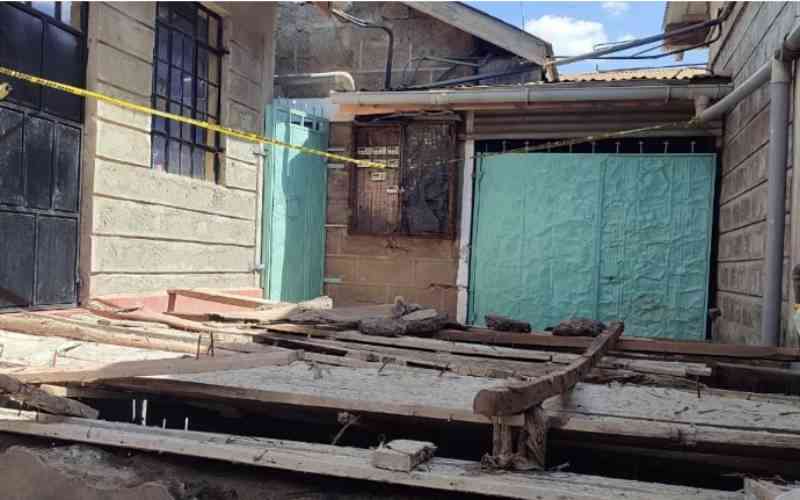At least six people have died and several others were injured after a septic tank caved in while they made merry attending a wedding in Kihunguro, Ruiru, Kiambu County.
Kiambu Police Commander Muchangi Kioi, confirming the incident to The Standard said the six drowned in a well, as they sang and danced on a concrete slab.

They were waiting to pick up the bride, at the time of the incident.
A rescue operation is currently underway.

More follows…






